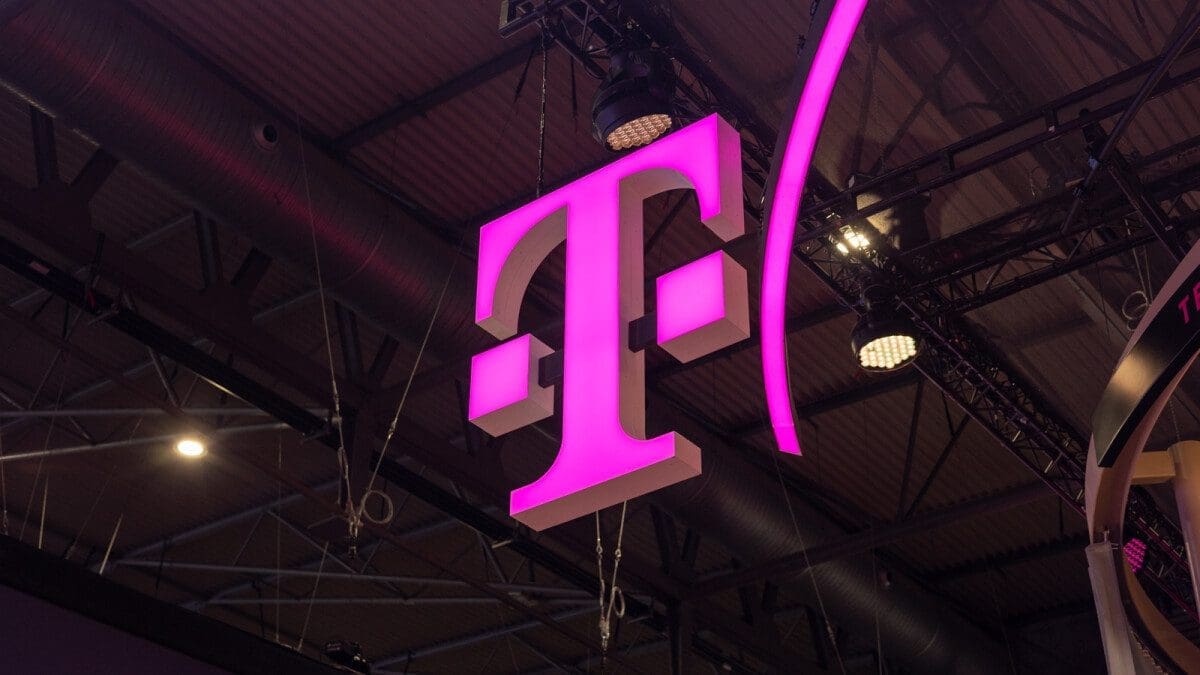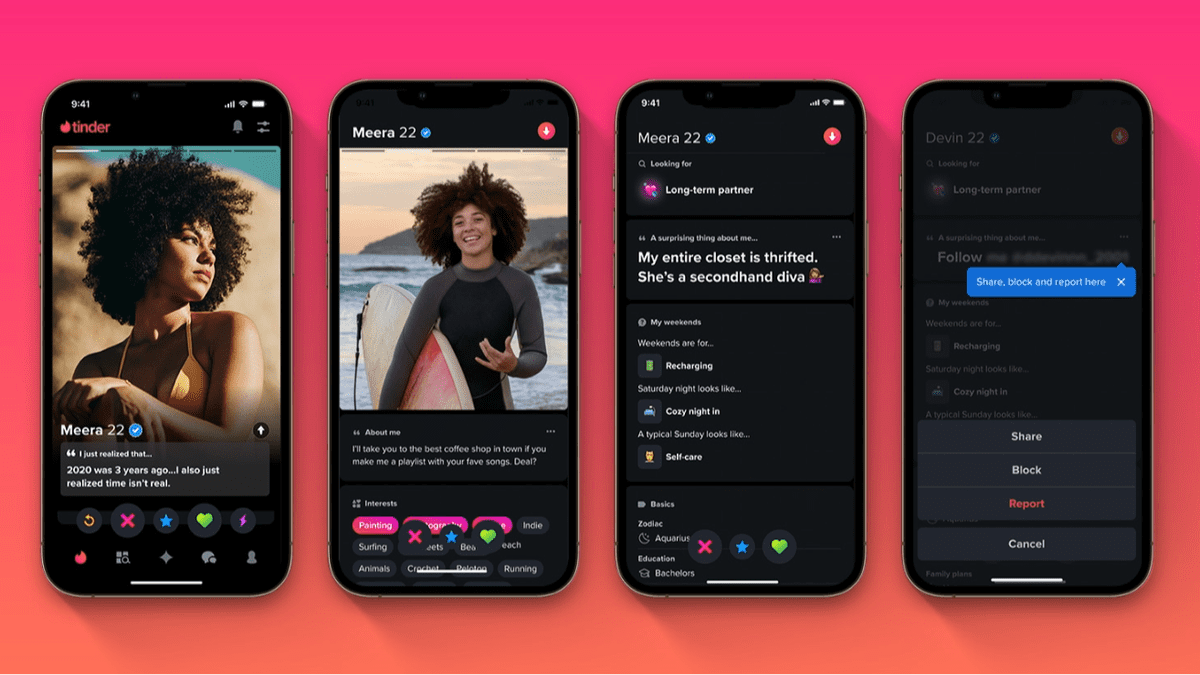In 2017, AT&T took on the significant task of assisting the US government in establishing a specialized network designed for first responders known as FirstNet. Currently, federal regulators are contemplating granting additional spectrum to FirstNet; however, this move is being contested by Verizon and T-Mobile.
Before the inception of FirstNet, emergency responders relied on the same wireless networks utilized by the general public. Unfortunately, this often led to communication issues during critical situations as networks tend to become overloaded during emergencies.
Recognizing the need for a dedicated network prioritizing firefighters, police officers, and emergency medical services, AT&T secured the contract for a 25-year agreement. As part of this agreement, AT&T pledged to invest $40 billion over the contract’s duration. Additionally, the carrier received $6.5 billion from the government along with valuable airwaves.
The initial estimates projected that an infusion of up to $47 billion would be required within the first decade alone. Hence, the decision was made to establish a self-sustaining network generating revenue through subscription fees from first responders and by selling excess capacity to AT&T’s commercial clients.
Currently, FirstNet is seeking additional free airwaves; however, Verizon is actively opposing this initiative. AT&T and its supporters are advocating for more wireless frequencies for FirstNet with certain public safety agencies urging the Federal Communications Commission (FCC) to allocate the 4.9 GHz band to FirstNet. Although classified as public safety spectrum, this band could also serve secondary purposes and is currently utilized by entities like Bay Area Rapid Transit and the New York Police Department.
Verizon and T-Mobile are resistant to granting this spectrum to FirstNet as they view it as potentially providing AT&T with a $14 billion advantage and enhancing its competitive position. They argue that other carriers should have an opportunity to bid for this spectrum or it should be allocated to state and local authorities.
When Congress initially approved building FirstNet, neither Verizon nor T-Mobile were among the bidders. However, they now oppose FirstNet’s acquisition of 50MHz of spectrum in the 4.9GHz band without cost since it will be available for commercial use when not required by emergency services.
AT&T asserts that FirstNet is better equipped than government bodies to deliver essential services required by emergency responders effectively. The collaboration has been deemed successful as evidenced by providing connectivity to six million customers and furnishing critical signals to local authorities during natural disasters such as storms and wildfires.
Nonetheless, there are some reservations regarding whether AT&T is meeting all network-coverage and device-connection benchmarks specified in their contractual obligations.









